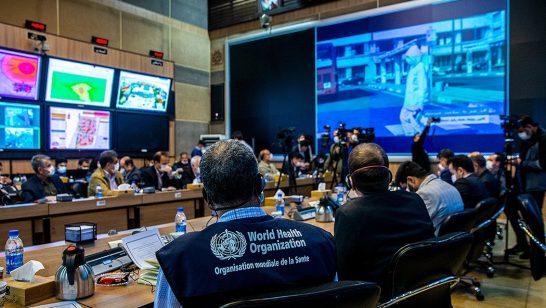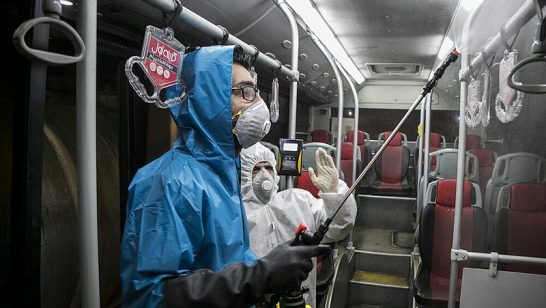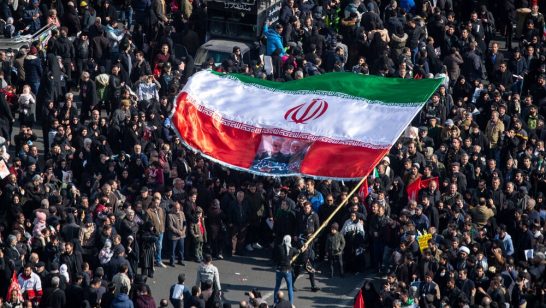
Europe is the world’s largest exporter of medical supplies, and low and middle-income countries are highly dependent on European supply chains. Fearful about the impact of COVID-19 on their own borders, EU governments have taken measures to limit the exports of critical equipment despite global dependence on them, calling for a “war economy” to boost production of ventilators and personal protective equipment, yet embracing a kind of reverse protectionism in doing so.
As countries around the world look to Europe to maintain their supplies of lifesaving equipment during the pandemic, this policy brief argues that Europe must preserve and strengthen its role as a healthcare superpower. For low and middle-income countries, the stakes could not be higher.
The author of this paper recommends:
- Europe must boost production of ventilators, personal protective equipment, and other medical supplies not just to meet demand at home, but to ensure a large enough surplus to sustain commercial exports so that the developing world is not solely dependent on aid for the duration of the pandemic.
- European governments must safeguard the free flow of trade, by ensuring export controls do not stifle global access to medical supplies and by reducing trade barriers such as duties and tariffs.
- Europe must push back on the harmful humanitarian impact of sanctions on several countries in the developing world, including Iran, Venezuela, and Cuba. Given the nature of supply chains and the interdependencies they represent, sanctions should be understood to be inhibiting not merely the ability of these countries to respond effectively to COVID-19, but also Europe’s ability to support that response.
Download the policy brief here
The opinions articulated above represent the views of the author and do not necessarily reflect the position of the European Leadership Network or any of its members. The ELN’s aim is to encourage debates that will help develop Europe’s capacity to address the pressing foreign, defence, and security policy challenges of our time.



